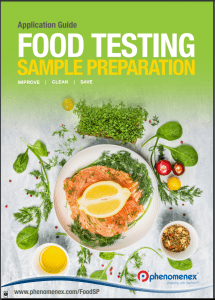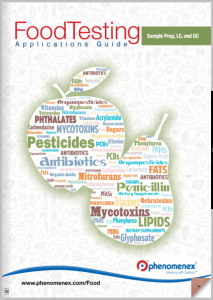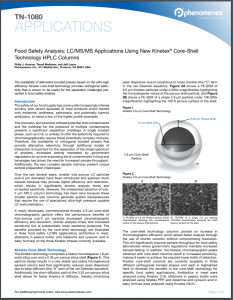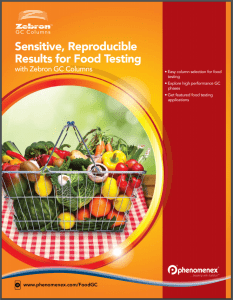Blog
Thanksgiving Salmonella Outbreak Raises Food Safety Concerns
The Thanksgiving turkey might be threatened by the looming concern of a recent salmonella outbreak found in almost all strains of the turkey industry.
Posted on Nov 21, 2018
Thanksgiving and turkey are somewhat synonymous. Can’t really have one without the other! However, this Thanksgiving, the showstopper bird might be missing from some tables across America.
Federal food and health officials have issued warnings about potential bacteria contamination of turkey and romaine lettuce in the United States just a couple weeks before the big feast day. A salmonella outbreak has potentially spread throughout the entire turkey processing industry, leading officials to advise extra caution to prevent food poisoning as chefs and cooks prepare the Thanksgiving turkey.
The salmonella outbreak has so far hospitalized over 60 people and sickened 165 people through 35 states, killing one in California, according to the Centers for Disease Control and Prevention (CDC) and the U.S. Department of Agriculture’s Food Safety and Inspection Service.
Investigators have yet to be able to identify a single supplier of live turkeys or raw turkey products as the source of the outbreak. This has led officials to believe that the strain involved may be widespread throughout the turkey industry including ground turkey, turkey patties, and full turkeys.
However, there is good news!
Officials are saying that you don’t have to give up your Thanksgiving turkey just yet! They are instead advising to take precautionary health safety steps before and after handling the turkey.
Steps to follow:




- Use warm soapy water to thoroughly clean any surfaces that may come in contact with the raw meat or poultry juices before and after cooking.
- Instead of thawing the turkey by leaving it on the counter, thaw it in the microwave or in the fridge in cold water (changing it every 30 minutes).
- When cooking the turkey or any leftovers that contain turkey, make sure the food reaches an internal temperature of at least 165 degrees Fahrenheit.


















